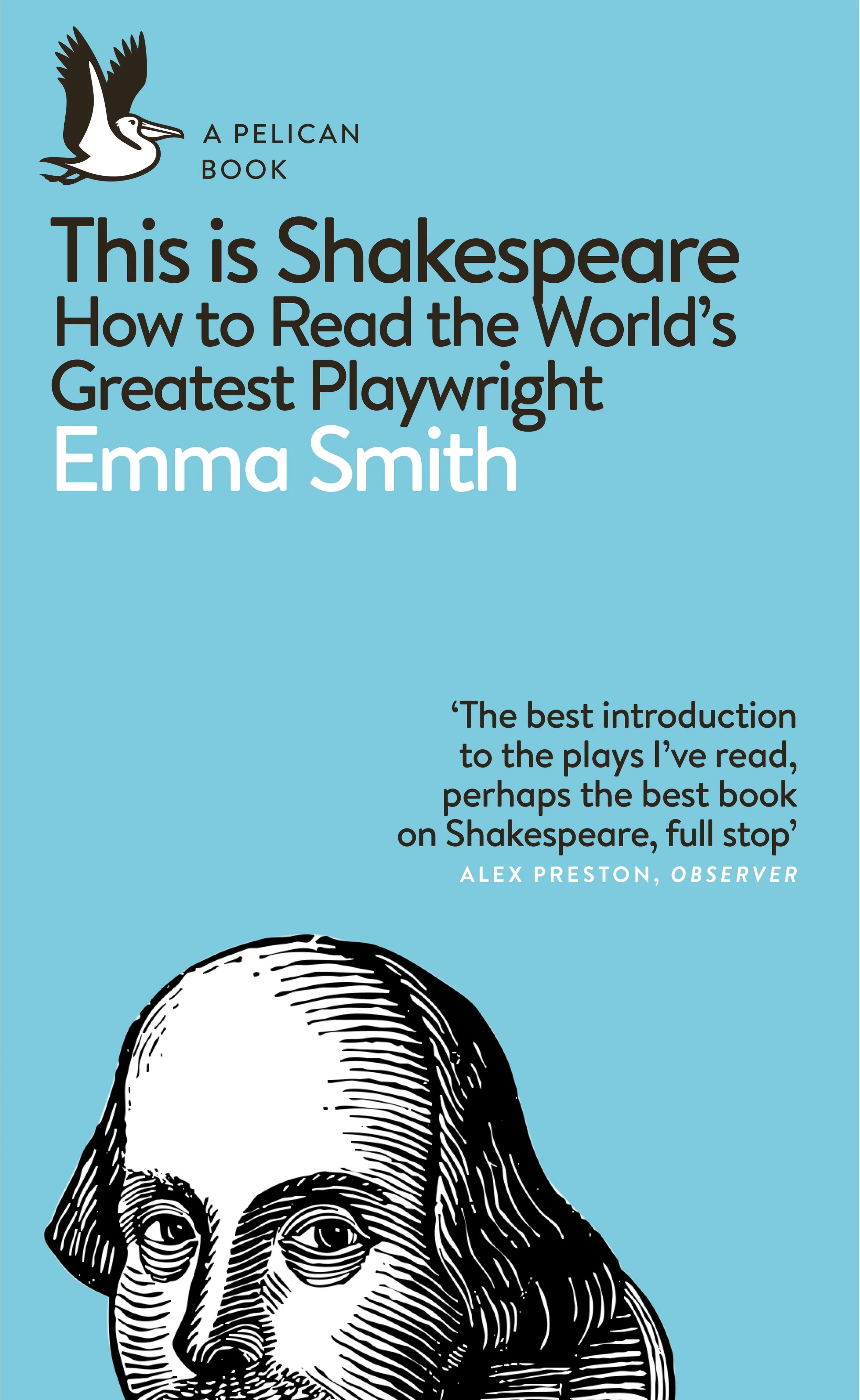Emma Smith on 'Macbeth'
‘Macbeth’ asks why things happen: that we still can’t answer is key to its unsettling hold on our imagination.
So ends the relevant chapter in Emma Smith’s book This is Shakespeare. I have already written notes on Othello, starting those with reference to what Smith calls ‘gappiness’. Now, as Sixth Formers around Ireland study Macbeth for the Leaving Certificate in June 2023, here are some notes on that chapter in the book, which is quite closely based on her lecture at Oxford University (that can be listened to at the bottom of the page, and here are all the podcasts in Approaching Shakespeare).
Agency is the key idea in Emma Smith’s analysis; she starts by stating that Macbeth shares with Burton’s Anatomy of Melancholy
the distinctly Renaissance project to investigate the human mind, and a curiosity about the causes and explanations for feelings and behaviours.
And she asks
Is this a story in which Macbeth, willingly or unwillingly, directs the action of his own play? Or is it better understood as a story in which he is acted upon by other people? Might we see him puppeted by supernatural forces beyond his control?
This is
a play that is more interested in exploring its own competing aetiologies [explanations of cause] than explaining them.
Emma Smith examines the usual suspects for any agency that is not from within Macbeth himself - the witches and his wife. The former seem to interpose in a chain of human actions, rather than to direct actions themselves.
The Holinshed source presents a much cruder version of the story, but Shakespeare moves the story towards a proper tragedy: Duncan is not the equivalent of a gangland boss (as in the 1997 TV film Macbeth on the Estate - watch it online) but instead an admirable King whose murder is clearly a transgression against the natural order:
The sense of moral outrage and disturbance in Macbeth is Shakespeare’s invention.
The witches do not return at the end of the play, which we might expect, since they were the first figures we saw, and their powers are clearly limited (as in the story of the Tiger) [this is similar to Lady Macbeth who seems in I v likely to be central, and yet drifts away into irrelevance in the second half of the story]. Are they a form of internal voice?
Back to the comment at the start of this post. Malcolm’s description of Macbeth as a dead butcher (with a fiend-like wife) is understandable given that his father was murdered, but it is definitely ‘gappy’ given our own theatrical experience: we have witnessed something more complex, something intimate and something for which such a reductive label is not adequate.
